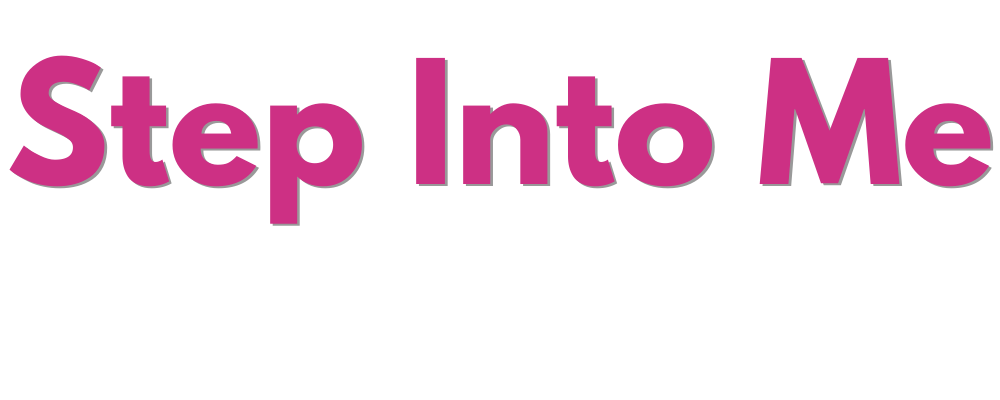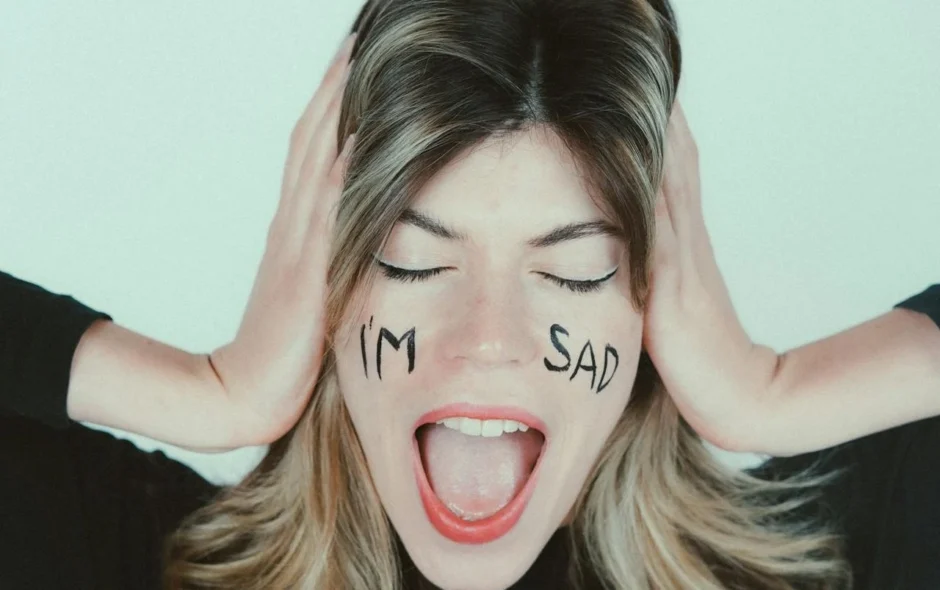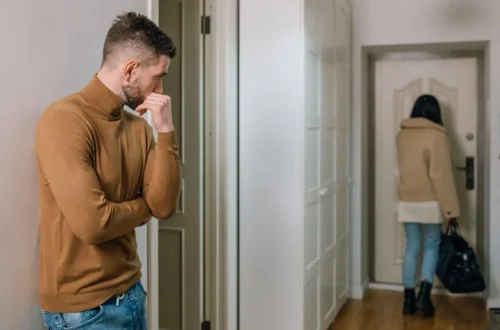Ever find yourself lying awake at night, replaying a conversation you wish had gone differently? Or maybe you’ve caught yourself rehearsing a future conversation, building a whole scenario in your mind, even though you know it’s unlikely to happen. You’re not alone. In Episode 3 of the Step Into Me podcast, I look at the drama we create in our heads.
Why Do We Create Drama?
We all do it. Sometimes, drama is oddly comforting, even when we know it’s doing us more harm than good. But the truth is, our bodies and minds react to those imagined scenarios as if they’re real. We end up feeling the stress, anxiety, and pain from situations that exist only in our thoughts.
A Personal Story: Wedding Woes and Family Expectations
In this week’s podcast, I share a personal example that happened in the lead-up to my wedding in London. While my fiancé and I were excited about our simple, Beatles-inspired ceremony, not everyone was happy. A close family member expressed disappointment, repeatedly. Before long, I found myself not just dealing with their real comments, but also replaying and expanding on them in my mind. The drama became bigger than the reality.
It took a moment of clarity, and a single text message, to break the cycle. The real change wasn’t in the other person, but in my own thinking. I realised I had always had the power to let go of the drama and reclaim my peace.
The Stories We Tell Ourselves
We all have stories we repeat, about our worth, our relationships, our place in the world. Sometimes these stories are inherited from family or culture, but all too often, they’re fuelled by our egos. As I say in the podcast, suffering doesn’t come from events themselves, but from our attachment to them and the stories we weave around them. As the Buddhist saying goes, “Pain is inevitable. Suffering is optional”.
The Freeze Frame Technique: Finding Solutions
One of my favourite practices for breaking free from drama is what I call the ‘Freeze Frame’ technique. Here’s how it works:
- Picture a familiar situation where things usually spiral.
- In your mind, hit the pause button at the crucial moment.
- Imagine yourself stepping out of the scene to become an observer, like a fly on the wall.
- Notice everyone’s expressions, including your own. Notice what each person is feeling.
- Ask yourself, “What could I do right now to prevent this from spiralling?” (Only you can change what happens next, by your words and actions, no one else’s).
- When you’ve found a solution, hit “play” on your freeze frame and try out the new response in your mind. Notice how the energy shifts in the room.
- Next time the situation arises in real life, put your solution to the test.
This simple exercise creates space between stimulus and response, giving you the power to choose a new story.
If you want to stop the drama in your life, start by noticing your triggers. Who are the people and what are the situations in your life that lead to drama? Accept that you can’t control other people and use the Freeze Frame technique to rewrite your story and change outcomes. Practice putting space between you and your drama to help provide clarity. Ask yourself, “Who would I be without this story?” And be sure to show yourself some compassion. Letting go of the drama in your life won’t erase any hurts from your past, but it will free you from the heaviness that drama creates.
Recommended Reading
If you want to explore these ideas further, I recommend:
- Man’s Search for Meaning by Viktor Frankl
- The Untethered Soul by Michael Singer
- Loving What Is by Byron Katie
Each offers practical wisdom for changing your relationship with your thoughts and stories.
Listen to the Full Episode: No More Drama
Click here to listen to the full “No More Drama” podcast episode.
Ready to live life on your terms? Read more blog posts from Step Into Me and find the courage to step into your true self.




